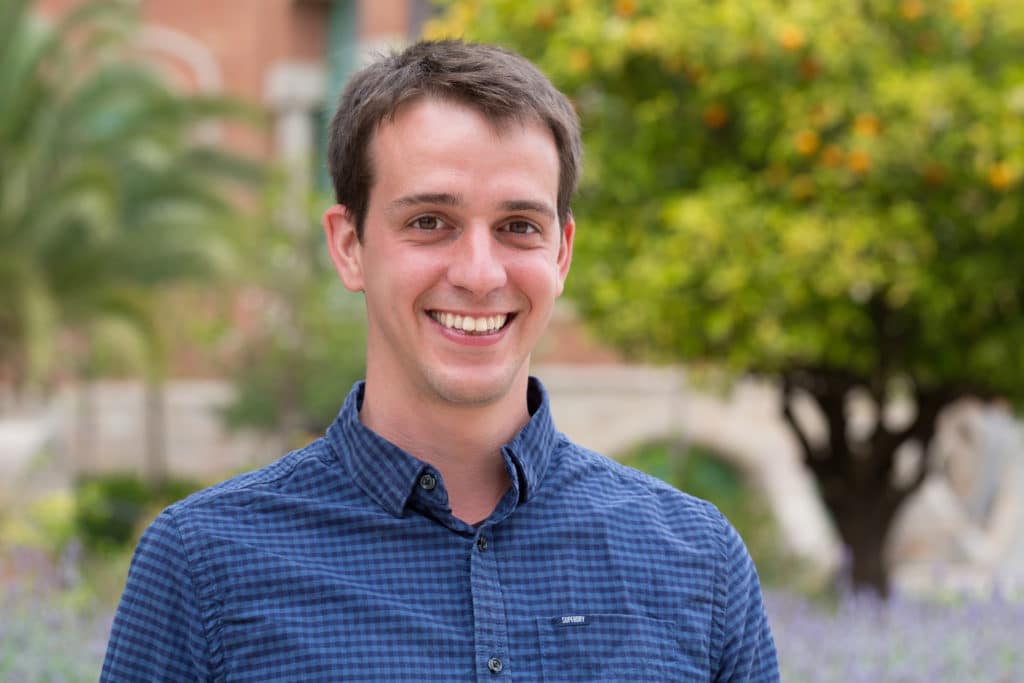L'AFTD annuncia i destinatari delle borse di studio post-dottorato 2019-2021

By supporting talented young investigators during the final stage of their scientific training, AFTD Postdoctoral Fellowships lay the groundwork for tomorrow’s discoveries in FTD research. This year marks the 10th anniversary of the Postdoctoral Fellowship program as well as the first time AFTD has awarded separate fellowships in basic science and clinical research, analogous to our Basic Science and Clinical Research Pilot Grants.
Siamo grati per l'opportunità di espandere questa importante fonte di finanziamento per la prossima generazione di scienziati FTD e siamo orgogliosi di annunciare i destinatari delle borse di studio post-dottorato in scienze di base e ricerca clinica 2019-2021:
Ming-Yuan Su, PhD, a postdoctoral fellow in the laboratory of James Hurley at the University of California at Berkeley, received the inaugural Basic Science Postdoctoral Fellowship for her proposal, “A structural approach to rescuing C9orf72 aploinsufficienza nella SLA-FTD”.
Dr. Su, who brings to the table an impressive background in structural biology, will utilize an innovative technique known as cryo-electron microscopy to map the three dimensional structure of two intertwined proteins: the protein encoded by the C9orf72 gene — the gene most often affected by an FTDassociated mutation — and SMCR8, a protein accomplice necessary for C9orf72 to function properly. Compounds that stabilize this protein partnership could lead to an effective treatment for FTD.
Oriol Dols Icardo, PhD (Sopra), was awarded the first AFTD Clinical Research Fellowship for his proposal, “Identification of an RNA-based biomarker in FTD.” He is a Postdoctoral Researcher at the Institut de Recerca de l’Hospital de la Santa Creu i Sant Pau in Barcelona, where he will complete his postdoctoral training under the supervision of Jordi Clarimón Echavarria.
Il dottor Icardo cercherà cambiamenti nell'RNA estratto dal tessuto cerebrale post-mortem e, infine, dal liquido cerebrospinale (CSF) di persone con diagnosi di FTD. Le differenze nell’RNA del liquido cerebrospinale che distinguono specifici sottotipi di FTD – o confermano una diagnosi di FTD – potrebbero costituire la base di un biomarcatore fluido e identificare nuovi bersagli per i farmaci basati sull’RNA.
Per categoria
Le nostre newsletter
Tieniti informato
Iscriviti ora e tieniti aggiornato sulle ultime novità con la nostra newsletter, gli avvisi sugli eventi e altro ancora...
